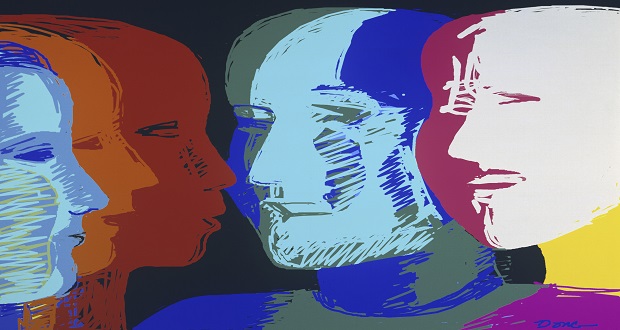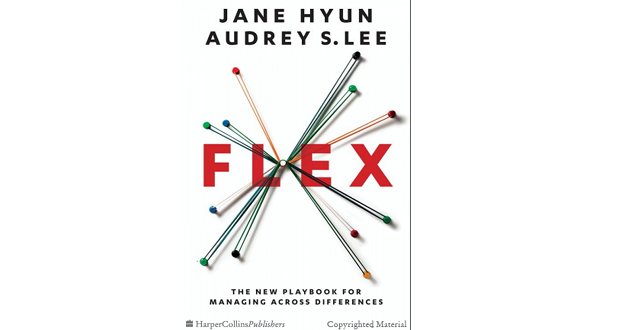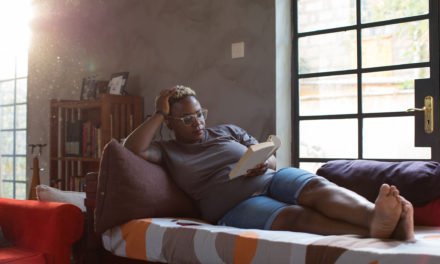
If I didn’t define myself for myself, I would be crunched into other people’s fantasies for me and eaten alive. — Audre Lorde
This is one of my favorite quotes, and for me, is a constant reminder of why knowing and owning oneself plays such a critical role in managing the toll of diversity, equity, and inclusion work.
A few months ago, I came across a wonderful book that has become such a phenomenal resource in my DEI practitioner toolkit, Race Work & Leadership: New Perspectives on The Black Experiences. It is a culmination of essays, studies and reports that center the Black experience edited by Laura Morgan Robers, Anthony Mayo, and David A. Thomas. One of the studies, African American Women as Change Agents in the White Academy by Muriel E. Shockley and Elizabeth L. Holloway, specifically explores the experiences of Black Women navigating the racism and sexism in academia, and more specifically, factors that contributed to their capacity to thrive.
The lover of all things #BlackWomanMagic and practitioner in me found the study to be so refreshing, affirming, and valuable to the conversation we’ve been engaging in over the course of this series. How can we continue to thrive and maintain wholeness while doing this work we care so deeply about, that is so core to who we are, within systems that make it difficult?
How can we continue to thrive and maintain wholeness while doing this work we care so deeply about, that is so core to who we are, within systems that make it difficult? Share on XIn the study, Shockley and Holloway offer a model for cultivating A Robust Sense of Self to conceptualize the fundamental factor that influenced Black women’s capacity to thrive in the white academy. They define a Robust Sense of Self as:
“The internal process of self-knowledge and self-definition that feeds African American women’s ability to resist objectification, confront injustices, and guide conscious and critical interactions with the environment. Robustness supports an individual’s ability to give voice to lived realities; it is the process of becoming opposed to “becoming everything to everyone, [and becoming] less of someone to themselves.” This construct is about recovering and nurturing the self and developing a black female critical consciousness that is enacted in the external world.”
While the loads withstood by the women in the study were certainly daunting, the study found the predominant factor that supported them in withstanding and negotiating in that environment was their Robust Sense of Self. I think there is a lot to be learned and applied from this work to our role as DEI practitioners and change agents, specifically as we manage the toll.
As part of their study, they identified several processes or factors that contributed to or challenged one’s Robust Sense of Self (particularly as a Black woman in a white space): Risking Self, Naming and Seeing the Whiteness of The Academy, Persisting, and Exercising Voice and Agency.
Risking Self
Risking Self describes the process that occurred when Black women chose to pursue a career in the white academy. Much different than the phrase “at risk,” (which is commonly used to describe the ways in which a perceivably ‘deficit characteristic’ might put an individual or group in harm in a given environment), risking self puts the agency, the act of risking, in the hands of the individual who experiences the consequences. Risking self involves many of the dynamics we’ve explored in this series or perhaps in your roles – the impact on the body and spirit, challenges to authority by colleagues and [and in the study, students], hostile and unwelcoming environments, and feeling the need to be perfect, or “work twice as hard.” These were/are realities associated with risking self.
Initially, when the I read this element of the model, I struggled with understanding how it influences or contributes to one’s robust sense of self. If anything, risking self could be to the detriment of one’s identity or self-concept. After reflecting on it more, I thought about the inherent power in affirming one’s own agency when making any decision that could lead to consequences.
Consider this example: I thought about how it felt when I bought my first home. I felt anxious.
Perspective 1: “Ugh. This is risky. Homeownership means I’ll have to be committed to this mortgage, and now if something bizarre happens, I have to deal with it??!! Homeowner association fees… maintenance… landscaping…ugh!”
The alternate mindset, of which informed my decision to eventually make the commitment,
“I desire to be a homeowner. Sure, there are some things that will come along with it that I certainly don’t look forward to—and my anxiety and every other feeling around it is valid. AND… I am choosing to embark on the journey in spite of it.”
I think there is something to be said and practically applied when reflecting on Risking Self in the context of managing the toll of DEI work.
Seeing and Naming the Whiteness of the Academy
Seeing and Naming the Whiteness of the Academy referred to the Black women’s ability to reflect on and think critically about the environment in which they worked. This meant understanding and being able to name oppression in all forms, power dynamics that influenced their experiences and interactions, the socio-political landscape, unwritten institutional norms, and even intragroup nuances (internalized oppression embodied by fellow Black colleagues).
The study found that their ability to unpack and understand the complexities of the environment supported their sense of agency and capacity to overcome the challenges they experienced. Understanding the system helped them avoid the trap of internalizing messages that would allude to their own inherent deficiency (“I don’t belong here.” “I don’t deserve to be here.” “I am not good enough.”). I think this is a critical part of managing the toll of DEI work—understanding the system in a way that supports a healthy self-concept. Constantly asking oneself the question (of the environment), “what else is going on here that is beyond my control?” can be a strategy for cultivating a robust sense of self.
A critical part of managing the toll of DEI work is understanding the system in a way that supports a healthy self-concept. Share on XRather than harmfully internalizing biased feedback you’ve received, fickle commitment on the things you were hired to do, but can’t get traction on, and frustrations about the gap between the organization’s espoused commitment and enacted values, KNOW that white supremacy is in motion (and how). It’s not you, it’s it. When we can understand these dynamics more critically, and the language is part of our lexicon, we are better positioned to name them and call them out in more effective ways. I think this is an important part of managing the toll of this work.
Persisting and Exercising Voice and Agency
Persisting involved the strategies Black women used to ease the burdens associated with working in the academy. For example, creating and fostering their own communities, building relationships with white allies who were actively doing their own work to understand their whiteness and racism, and proactively identifying outlets to foster their own learning, evolution and development. Exercising voice and agency represented owning and affirming that one’s presence and actions affect and transform the environment. For those who were part of the study, this involved reflecting on how and when they chose to ‘speak up and out,’ focusing on their dedication to creating safe spaces for learning for their students (particularly those from marginalized groups), prioritizing their commitment to their work and research, and asserting their intellect and presence how and when they felt.
I certainly acknowledge that cultivating a Robust sense of self isn’t the ‘end all, be all’ to managing the toll of diversity, equity, and inclusion work—however, I do believe that there is power in identifying the individual, incremental, intrapersonal shifts we can engage in to be and own all of who we are. From my perspective, this part of the work is a form of resistance in and of itself.
There is power in identifying the individual, incremental, intrapersonal shifts we can engage in to be and own all of who we are. From my perspective, this part of the work is a form of resistance in and of itself. Share on XConsider the following self-reflection questions as you think about how you can cultivate a Robust Sense of Self to manage the toll of your work.
Risking Self
|
Seeing and Naming Processes
|
Persisting
|
Exercising Voice and Agency
|


















